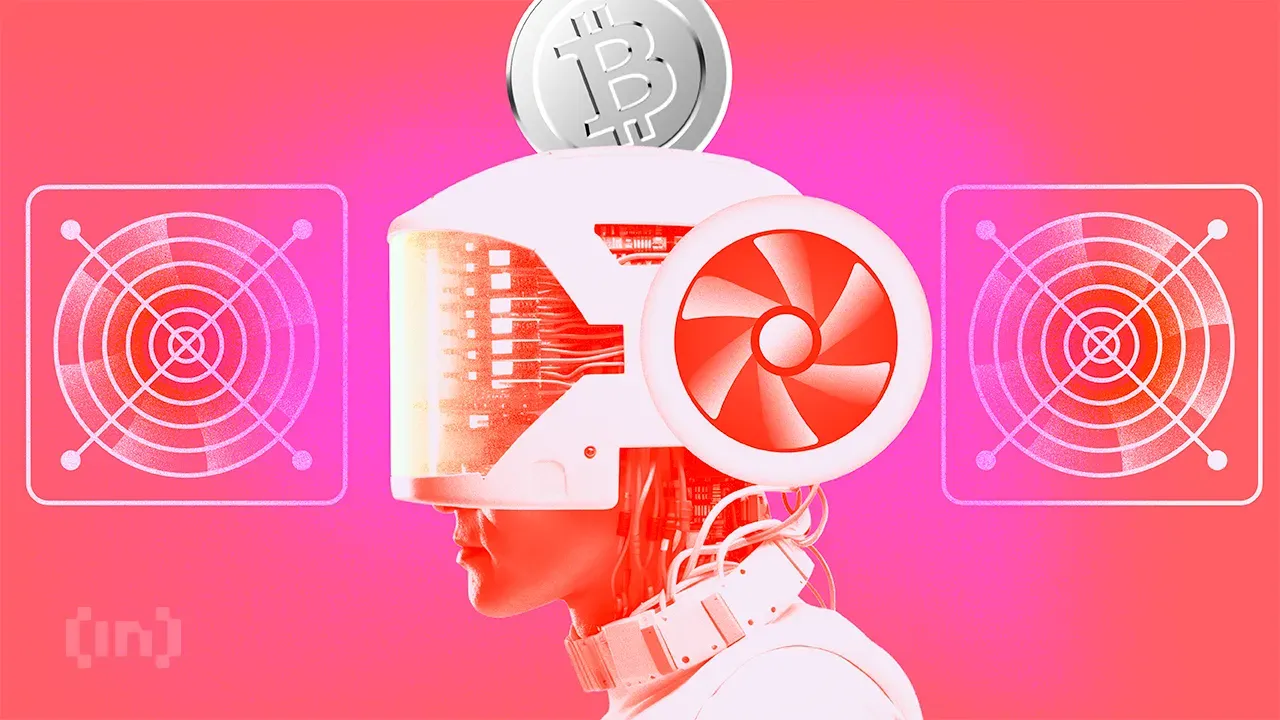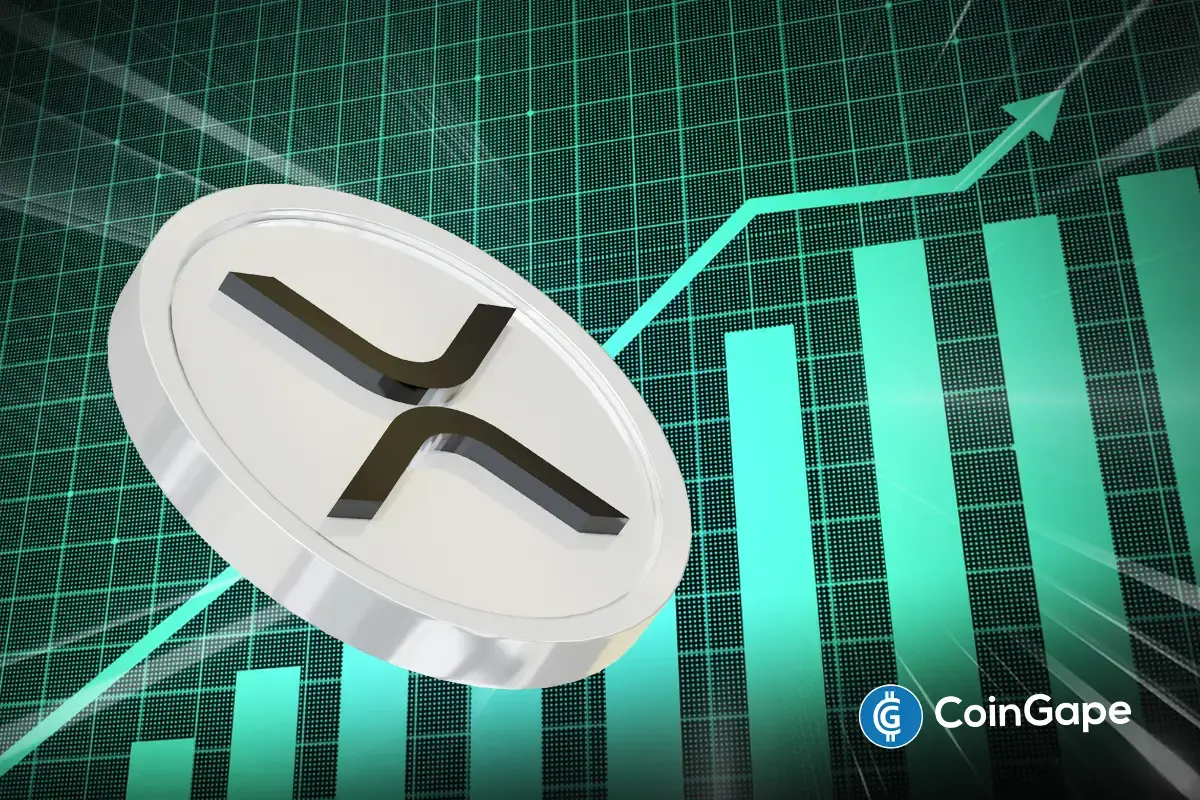Regulation
Elon Musk’s $56 Billion Tesla Pay Deal Struck Down Again: Details

A Delaware Court judge has once again rejected Elon Musk’s $56 billion pay package. The decision, issued by Judge Kathaleen McCormick, strikes down the compensation agreement despite shareholders’ attempt to “re-ratify” the deal. McCormick’s ruling follows a previous judgment in January, where the pay package was invalidated. The judge’s decision adds another layer to the ongoing legal battle, with Tesla expected to pursue an appeal.
Elon Musk’s $56B Tesla Compensation Deal Invalidated: Court Ruling Details
According to a Monday court filing, Judge Kathaleen McCormick has denied the tech company’s request to revise her earlier decision regarding Elon Musk’s pay package. The legal team for Tesla had argued that the recent shareholder vote to “re-ratify” the deal addressed the court’s concerns from the first ruling.
However, McCormick rejected this argument, citing that despite the vote, the pay package remained problematic.
The judge maintained that the CEO’s compensation deal was influenced by his power over the board of directors, leading to terms that were not “entirely fair.” In her opinion, Tesla had failed to ensure that investors were fully informed before agreeing to the pay package. McCormick reiterated that while the board could have chosen an appropriate amount of compensation, it capitulated to Elon Musk’s terms, which the court found to be excessive.
The judge added,
“There were undoubtedly a range of healthy amounts that the Board could have decided to pay Musk. Instead, the Board capitulated to Musk’s terms and then failed to prove that those terms were entirely fair.”
Moreover, the legal setback also carries a financial penalty for Tesla. In addition to the ruling on the compensation package, the court awarded the plaintiff’s attorneys a $345 million fee, which the tech company must pay in cash or shares.
In response, the Tech giant said,
“This ruling, if not overturned, means that judges and plaintiffs’ lawyers run Delaware companies rather than their rightful owners – the shareholders.”
Tesla To Appeal Ruling At Delaware Supreme Court
Following McCormick’s decision, the tech company will appeal the ruling to the Delaware Supreme Court. The company had hoped that the re-ratification by shareholders would allow the deal to proceed, but McCormick’s decision has created additional legal hurdles.
A Delaware judge just overruled a supermajority of shareholders who own Tesla and who voted twice to pay @elonmusk what he’s worth.
The court’s decision is wrong, and we’re going to appeal.
This ruling, if not overturned, means that judges and plaintiffs’ lawyers run Delaware…
— Tesla (@Tesla) December 2, 2024
The decision also raises broader questions about corporate governance and executive compensation in the tech industry. The outcome of the appeal could set an important precedent for future cases involving large executive pay packages.
In other legal developments, the tech giant CEO filed a lawsuit against OpenAI and Microsoft, accusing the companies of engaging in anti-competitive practices. The lawsuit, filed in the U.S. District Court for the Northern District of California, claims that OpenAI’s shift to a for-profit model undermines competition in the AI sector. Elon Musk’s legal team argues that OpenAI, backed by a $13 billion investment from Microsoft, has been using its influence to suppress competitors, including xAI.
Despite the ongoing legal challenges surrounding his pay package, Musk experienced a positive outcome in a separate legal battle. A U.S. District Court judge recently ruled in Musk’s favor in a case involving the U.S. Securities and Exchange Commission (SEC). The SEC had sought to sanction Elon Musk over his handling of the X acquisition, but the court denied the request. The court noted that Elon Musk had already reimbursed the SEC for costs related to a missed meeting.
Disclaimer: The presented content may include the personal opinion of the author and is subject to market condition. Do your market research before investing in cryptocurrencies. The author or the publication does not hold any responsibility for your personal financial loss.
Regulation
USDC Issuer Circle Set To File IPO In April, Here’s All

USDC issuer Circle is reportedly set to file its initial public offering (IPO) in April as part of the firm’s plans to finally go public. The stablecoin issuer is allegedly already working with top financial institutions to achieve this move.
Circle To File IPO In Late April
According to a Fortune report, Circle is looking to file its IPO in late April, although the listing period remains uncertain. The report noted that when a company files to go public, its shares usually begin trading four weeks later, indicating that the listing could occur in May. However, there is also a scenario where the IPO process could drag on for months.
The stablecoin issuer is reportedly working with investment banks JPMorgan Chase and Citi to achieve its long-anticipated IPO. The firm had previously tried to go public in 2021 under a SPAC arrangement with a shell company.
The US SEC failed to sign off on this arrangement back then, and the company eventually scrapped these IPO plans by the end of 2022 when the crypto exchange FTX collapsed and the broader crypto market experienced a downturn.
Revelation about Circle’s IPO plans comes just days after the stablecoin issuer partnered with NYSE’s parent company to explore USDC’s use in traditional finance (TradFi). Meanwhile, the USDC stablecoin recently launched in Japan following approval from the country’s regulator. Notably, USDC is the first and only global dollar stablecoin approved under Japan’s stablecoin framework.
An Easier Path Now For The Stablecoin Issuer
Circle will likely face less resistance for its IPO plans under the current SEC administration. Under acting Chair Mark Uyeda, the Commission has shown its willingness to work hand in hand with crypto firms, which was missing under Gary Gensler’s administration.
US SEC Chair nominee Paul Atkins has also shown his willingness to change the approach that Gensler’s administration adopted towards crypto firms. During his nomination hearing, the SEC Chair nominee promised to prioritize providing regulatory clarity for the industry.
Circle’s IPO listing would be the biggest since the top crypto exchange Coinbase went public in 2021. Interestingly, Coinbase owns an equity stake in the crypto firm.
The firm’s USDC is currently the second-largest stablecoin by market cap, only behind Tether’s USDT. The stablecoin industry is heating up as more financial institutions look to develop their own stablecoin.
Donald Trump’s World Liberty Financial recently revealed plans to launch its USD1 stablecoin, while asset manager Fidelity is also considering doing so.
Disclaimer: The presented content may include the personal opinion of the author and is subject to market condition. Do your market research before investing in cryptocurrencies. The author or the publication does not hold any responsibility for your personal financial loss.
Regulation
Japan Set To Classify Cryptocurrencies As Financial Products, Here’s All

Cryptocurrency investors in Japan are bracing for impact following a plan to reclassify digital assets as financial products. While the plan has elicited excitement from cryptocurrency enthusiasts in the Far East, the ambitious plan will have to scale several legislative hurdles.
Japan Targets Reclassification Of Cryptocurrencies As Financial Products
According to a report by Nikkei, Japan’s Financial Services Agency (FSA) is inching toward classifying cryptocurrencies as financial products. Per the report, the FSA intends to achieve the reclassification via an amendment to the Financial Instruments and Exchange Act.
Currently, digital assets in Japan are considered crypto assets conferred with property rights and seen as payment means. Under the FSA’s plans, cryptocurrencies in Japan will be treated as financial products in the same manner as traditional financial products.
The FSA says it will adopt a slow and steady approach toward the reclassification, carrying out “a private expert study group” to test the waters. If everything goes according to plan, the FSA will submit the amended bill to Parliament in early 2026.
The classification of cryptocurrencies as financial products will have far-reaching consequences for the local ecosystem. Experts say treating cryptocurrencies as financial products will bring Japan closer to a crypto ETF launch amid a changing regulatory landscape.
Furthermore, the move may lower current cryptocurrency taxation for local investors since existing capital market rules will apply to the asset class.
A Fresh Bill For Crypto Insider Trading Is Underway
Apart from the reclassification, the FSA disclosed plans for new legislation against insider trading. The move flows treating cryptocurrencies as financial products and will strengthen existing investor protection rules.
“It is a direction to establish a new insider trading regulation that prohibits trading based on unpublished internal information,” said the FSA. “We will develop laws to prevent unfair transactions.”
However, Japan’s cryptocurrency scene is heating up to a boil, driven by local and international players. Last week, stablecoin issuer Circle secured approval from the FSA for USDC with top exchanges set to list the stablecoin.
Japan’s Metaplanet has tapped Eric Trump to join its Strategic Board of Advisors as it continues to load up Bitcoin.
Disclaimer: The presented content may include the personal opinion of the author and is subject to market condition. Do your market research before investing in cryptocurrencies. The author or the publication does not hold any responsibility for your personal financial loss.
Regulation
Kentucky Governor Signs Off On ‘Bitcoin Rights’ Bill, Strengthening Crypto Protections


In what is being dubbed a major development in the crypto regulation space, the Governor of the US state of Kentucky, Andy Beshear, has signed the ‘Bitcoin Rights’ bill into law. The law promises to safeguard protections for Bitcoin (BTC) users.
Bitcoin Rights Bill Comes Into Effect
Crypto regulations continue to evolve under pro-crypto US President Donald Trump’s administration. In the latest development, Kentucky has become the newest state to enshrine protections for digital asset users.
In an X post published on March 24, crypto advocacy group Satoshi Action Fund announced that Governor Beshear had signed the much-anticipated Bitcoin Rights bill into law. The post stated:
The right to self-custody, run a node, and use of digital assets is now protected for millions of Americans without fear of discrimination.
The bill was first introduced to the Kentucky House by Rep. Adam Bowling on February 19. According to the bill’s description, it seeks to safeguard users’ rights to use digital assets and self-custody wallets. Additionally, it aims to prohibit local zoning changes that discriminate against crypto mining operations.
The legislation outlines guidelines for running a digital asset node and excludes digital asset mining from money transmitter license requirements. It also clarifies that crypto mining or staking is not considered an offer or sale of securities.
On February 28, the bill passed Kentucky’s House of Representatives with a unanimous vote of all 91 representatives in favor. It later passed the Kentucky Senate on March 13, receiving backing from all 37 senators.
Kentucky’s proactive stance toward cryptocurrencies isn’t new. Earlier this year, the state became the 16th US state to introduce legislation seeking to create a Bitcoin strategic reserve.
Meanwhile, neighboring state Arizona is also joining the crypto movement. A recent X post by Bitcoin Laws revealed that Arizona’s House Rules Committee has passed two Bitcoin reserve bills — SB1373 and SB1025. These bills will now head to a full floor vote.
Renewed Optimism Under Trump Administration
Following Trump’s victory in the November presidential election, cryptocurrency regulations in the US are evolving rapidly, with many states introducing legislation aimed at strengthening their digital asset ecosystems and attracting crypto businesses.
Positive changes in crypto regulations are encouraging industry businesses to expand. For instance, leading crypto trading platform Coinbase recently announced plans to hire 1,000 employees in the US.
The Trump administration has also witnessed several lawsuits being dropped against major crypto entities, including Kraken, Coinbase, Gemini, and others. At press time, Bitcoin trades at $87,399, down 0.2% in the past 24 hours.

Featured Image from Unsplash.com, chart from TradingView.com

Editorial Process for bitcoinist is centered on delivering thoroughly researched, accurate, and unbiased content. We uphold strict sourcing standards, and each page undergoes diligent review by our team of top technology experts and seasoned editors. This process ensures the integrity, relevance, and value of our content for our readers.
-

 Market22 hours ago
Market22 hours agoHedera (HBAR) Bears Dominate, HBAR Eyes Key $0.15 Level
-

 Market24 hours ago
Market24 hours agoBlackRock’s Larry Fink Thinks Crypto Could Harm The Dollar
-

 Market23 hours ago
Market23 hours agoCoinbase Tries to Resume Lawsuit Against the FDIC
-

 Altcoin23 hours ago
Altcoin23 hours agoCharles Hoskinson Reveals How Cardano Will Boost Bitcoin’s Adoption
-

 Market21 hours ago
Market21 hours agoThis is Why PumpSwap Brings Pump.fun To the Next Level
-

 Market20 hours ago
Market20 hours agoCardano (ADA) Whales Hit 2-Year Low as Key Support Retested
-

 Altcoin24 hours ago
Altcoin24 hours agoEthereum Bitcoin Ratio Drops to Record Low, What Next for ETH?
-

 Market12 hours ago
Market12 hours agoBitcoin Price Battles Key Hurdles—Is a Breakout Still Possible?






















✓ Share: